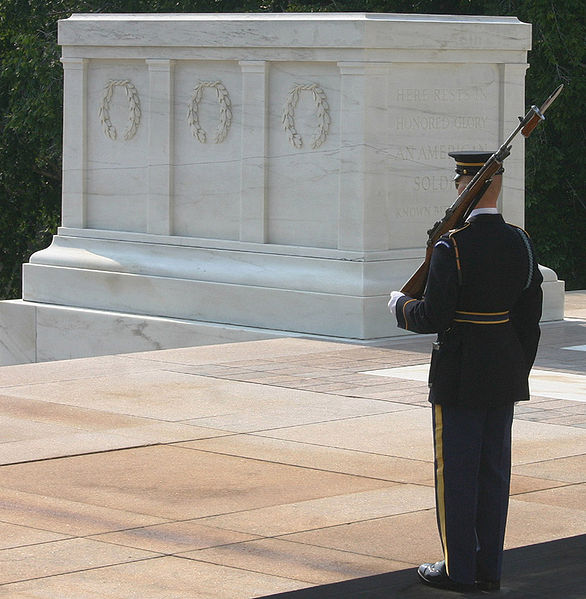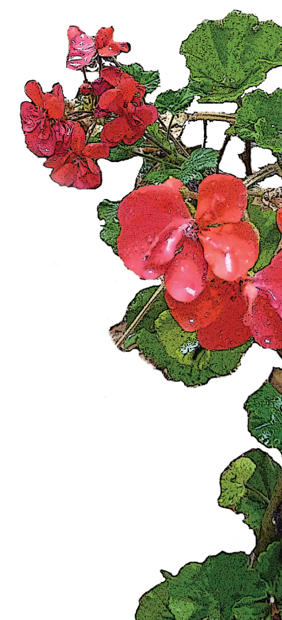POETRY: “On the Death of a Soldier” & “Elegies for my Father”
On the Death of a Soldier
 |
Make no mistake: he is dead. He does not sleep. There is no whisper in his brain. There is nothing in his chemistry that can say, “I am cold.” No part of him is alive now, either here or in a place of angels. He will decay.The world has ended. The cosmos has collapsed into a singularity. Traffic is passing on the road, a blackbird sings, a frog leaps somewhere, tourists are visiting the Taj Mahal, but the world has ended.If God would send his Minister of State, to give us the co-ordinates of heaven, if we could send a party of detached observers on a preview tour (sales pitch and brochures will not do); if then His Excellency would put a human soul then we would know for sure: would know a man Then making garbage of young men would not until God’s envoy makes his case, and answers |

Elegies for my Father
1
In what sense did he own his world?
The drystone walls were written in his hand,
the tight barbed fences finished in his style.
He made a hen and chickens on the crown
of a borrowed hawthorn hedge. The estate
was an exhibition of his work.
Things, labor, horses, all belonged
to a totter-up of rents: the chestnut candles
and the dark abundant chestnut loam
and its forbidden harvest, all accounted for
to a renter of cold rooms and common stairs.
My father worked alone, in company
with sun pools in the woods, or shivering
birch leaves, or the early snowfall, apparitions
of his freedom, enticements to his folded self.
He seemed to hoard the place’s melancholy.
2
In the midst of life, he talked of heaven.
“In the sweet by-and-by,” he softly sang
—he had no ear—to the wheezy organ.
“We shall meet on that beautiful shore.”

One day, called home from school, I heard
my mother say, “He’s gone to heaven. He
was suffering, but now there’s no more pain.”
There was more than loss, even in the first
few moments. “Plus ça change,” an older head
might have worded it, “he’ll be a handyman
to the proprietor of worlds.” Or, “Let him steal
a barrel of this painlessness, and bring it back,
to oil our bones, and flush the cancers out.”
3
I know geraniums:
quick reddening into urgent flares,
continuous dying day by day.
My father taught me not
to hack away the still half-living heads,
but to venture thumb and finger in the fire
and carry off the little witherings only, burned
from scarlet to dry blood,
so that the tiny, ready blood-drops underneath
would be fulfilled, their guttering postponed.
Not universal death, but compost: throw
the dying on the compost, my late father said;
and sure enough in season it would mingle
with the airy soil again, and make geraniums.
My father’s earth is warm; there is still
continuous dying and living there.
